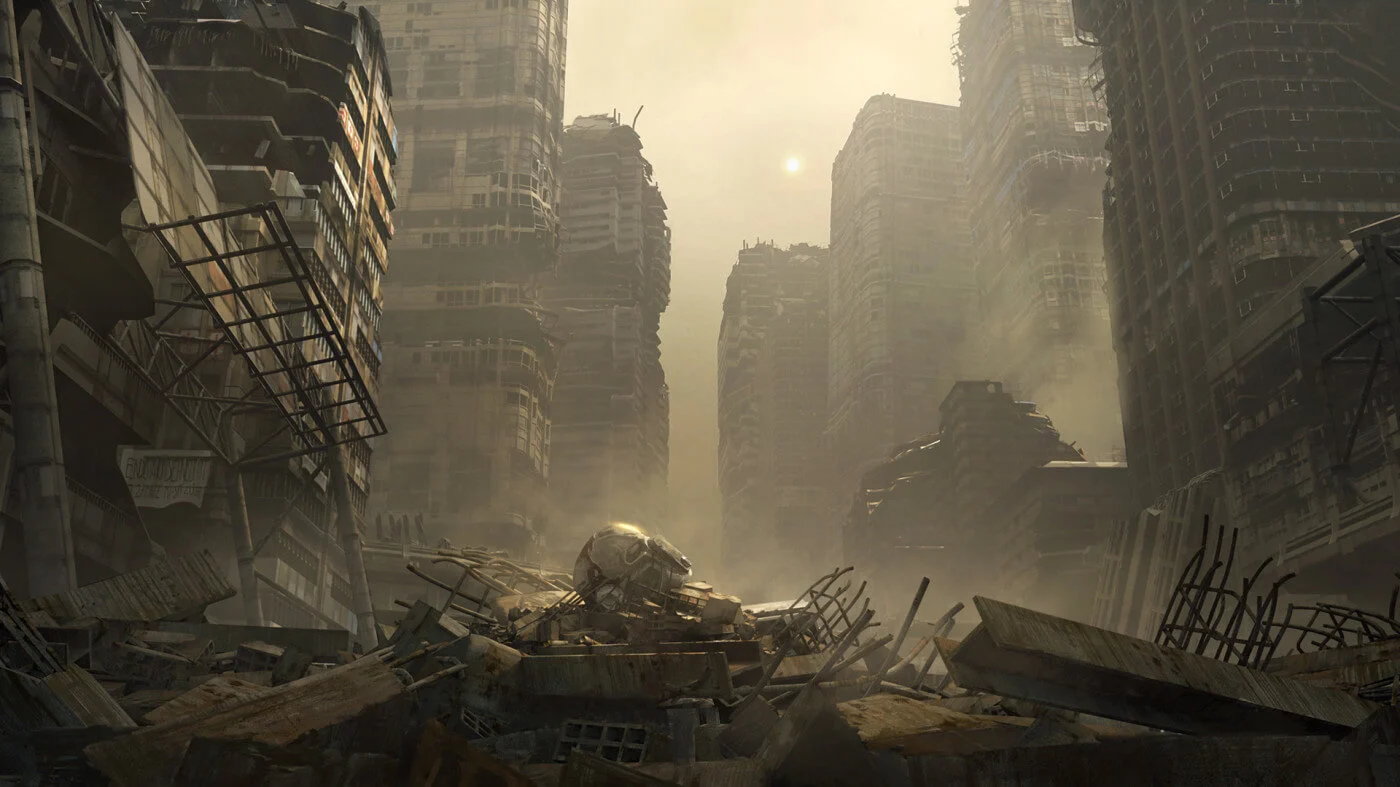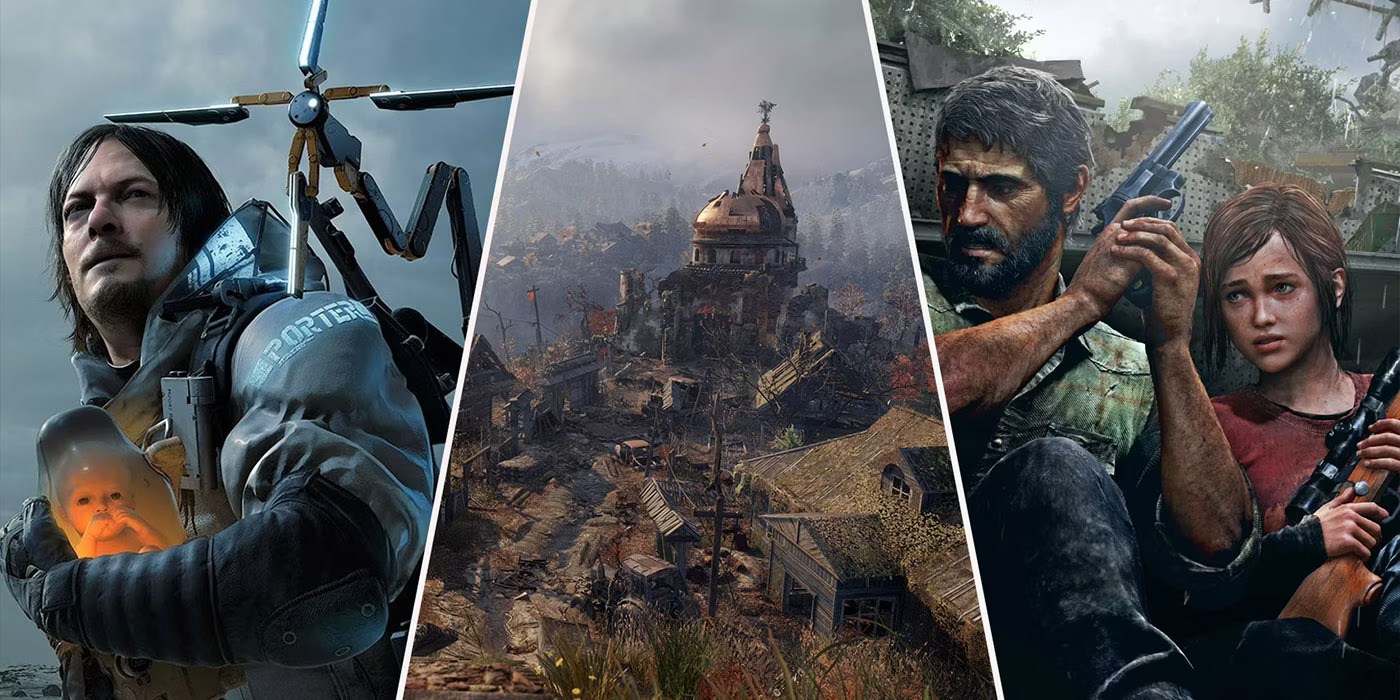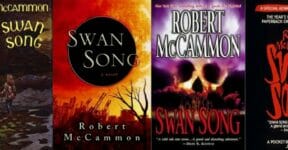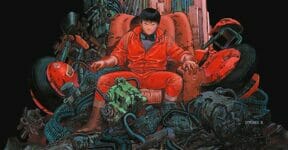Characters’ names matter much in fiction storytelling. For example, there are some good reasons why in George R. R. Martin’s A Song of Ice and Fire, the northernmost region of Westeros is known as Winterfell and that the authority is centered in a city called King’s Landing. If you are familiar with Game of Thrones, or even better, the novel series from which the show is adapted, it should make perfect sense that House Stark would serve as the moral compass in an absurdly corrupt kingdom. Learn more about the online Post-Apocalyptic name generator here!
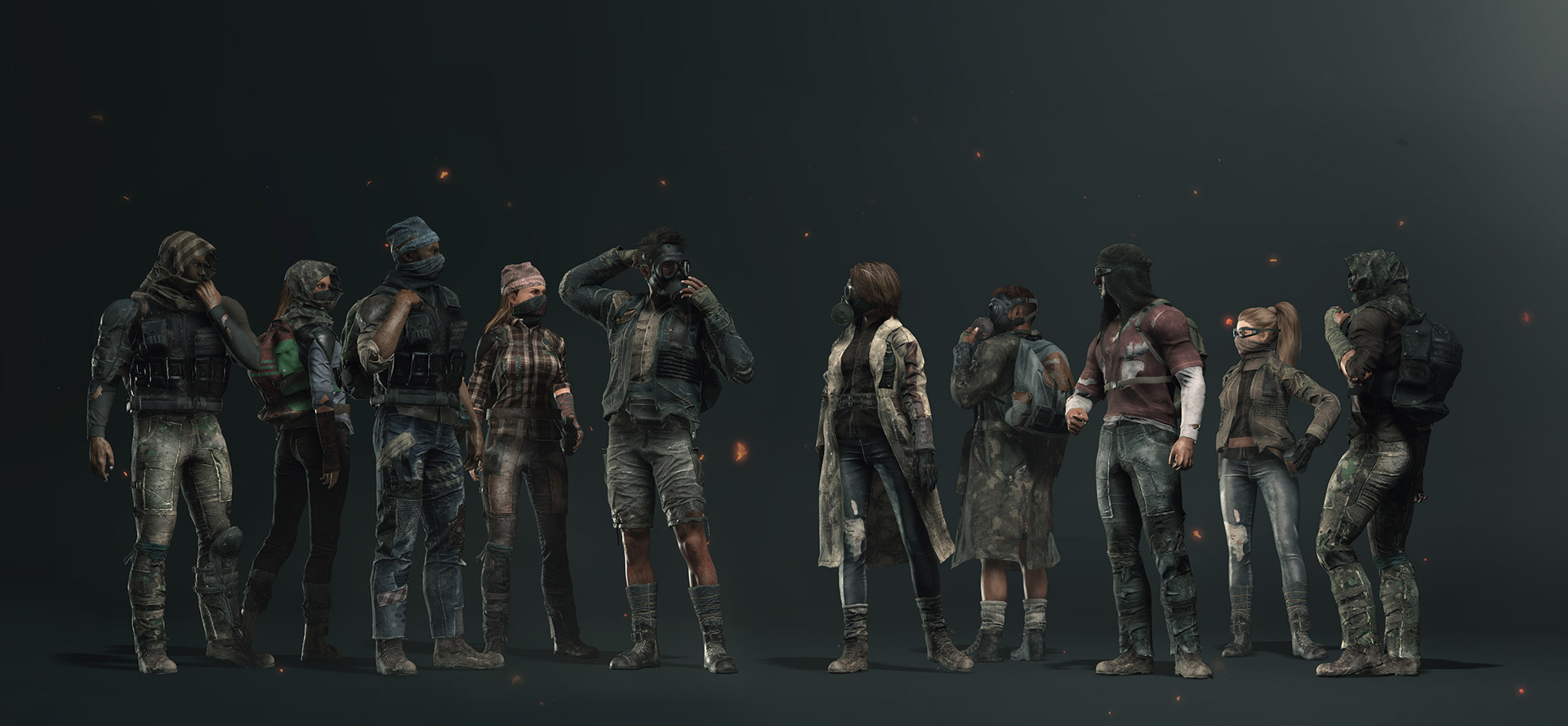
Another important thing is the time period. Assuming you are writing a historical fiction set in 18th-century North America, names like Solaris, Exton, Zephyr, or Blaze will outright fail to deliver the desired vibe. Traditional options work best in this case, such as Thomas, Joseph, Martha, Charlotte, William, or Eleanor. Let us not forget about cultural backgrounds as well. For historical fiction set in Europe, using characters’ names of Chinese origin wouldn’t sound quite right.
The same thing applies to stories set in the fictional post-apocalyptic world. While traditional names might work just fine, you can do better with period-correct names. The problem is that no human generation has experienced a doomsday event yet and survived the end of the world, which means you have zero real-life references. Fret not; you can always use an online post-apocalyptic name generator.
But random names don’t always work, so it might be a good idea to dissect the characters’ backgrounds, origins, motivations, and intended symbolisms. Post-apocalyptic stories typically feature at least four distinct types of characters as follows:
– Seekers: characters who crave much more than mere surviving. Seekers often have very specific purposes and will go to great lengths to fulfill their desires, such as finding a lost family member, obtaining a cure for a disease, or spreading knowledge. In many post-apocalyptic stories, seekers are likely the most practical and resourceful. They are skilled survivors who yearn to have a better life by achieving their personal goals. Names like Phoenix, Vanquish, and Hardy help evoke the sense of vigilance, resilience, and bravery in the face of great dangers.
– Scavengers: borderline weak characters oblivious to any opportunity for betterment. Most scavengers are nomadic simply because they lack the skills to build a settlement and defend it in the case of disasters or conflict with rival groups. Scavengers trust no one out of suspicion that every other person will take their food and valuables given the chance. When resources are getting scarce, scavengers may turn aggressive and attack anybody in their path. Raven, Leech, Lucky, Jackal, or Razor should do the job.
– Predators: the aggressive version of scavengers with an inclination to survive at the expense of others. They have no regard for people’s lives and will take what they want by force if necessary. It is not impossible that a predator’s desire to dominate others ironically leads to the development of a new society, albeit a misguided one due to an abusive leadership style. When generic names are too hard to come by, you can always use nicknames instead, for example, Butcher, Lucifer, Thorn, Cleaver, Vulture, and so on.
– Settlers: the well-meaning optimist people in a post-apocalyptic world. They are determined to rebuild the decimated planet even if it takes them decades just to re-establish a small functional society where everybody is encouraged to give a positive impact to the best of their abilities. Survival is the main goal, but they also want to ensure stability and maintain peace despite the chaos outside their community. As soon as there are enough people in the settlement, they may begin farming or trading small commodities with others. Settlers are non-extraordinary characters. Although they may play major roles in the plot developments, a lot of the future-defining moments in post-apocalyptic fiction typically happen beyond the boundaries of any settlement’s safe zone. Therefore, it is fine to use generic names including Guy, Victor, Fox, Porter, Zen, Amber, and Mercy to name a few.
When your post-apocalyptic world involves typical cannibalistic zombies, you don’t have to bother yourself with naming the creatures. Zombies do not retain their human identities. Vampires might need names because they are still essentially humans with severe light-sensitivity issues and a thirst for fresh blood. Aliens and robots can use technical names that sound similar to product model numbers like KR-Z12, X9C2, F-65P, or any random combination of letters and numbers.
Post-Apocalyptic Character Naming Guide
When crafting a post-apocalyptic narrative, character names carry significant weight, reflecting their identities, backgrounds, and the world they inhabit. Here’s a categorization of potential character archetypes and suggestions for their naming conventions:
Seekers
Seekers are driven by specific goals beyond mere survival. They are practical and resourceful.
– Naming Suggestions: Names that evoke resilience and hope, such as:
– Phoenix
– Vanquish
– Hardy
Scavengers
Scavengers are survivors living on the fringes, often distrusting others and lacking in resources.
– Naming Suggestions: Names that imply cunning or survival instincts, such as:
– Raven
– Leech
– Lucky
– Jackal
– Razor
Predators
Predators are the aggressive counterparts to scavengers, often imposing their will through force.
– Naming Suggestions: Intimidating or domineering nicknames, such as:
– Butcher
– Lucifer
– Thorn
– Cleaver
– Vulture
Settlers
Settlers represent hope and the effort to rebuild society amidst the chaos.
– Naming Suggestions: Grounded, more common names that reflect their role in community building, such as:
– Guy
– Victor
– Fox
– Porter
– Zen
– Amber
– Mercy
Additional Considerations
– Zombies: Typically don’t require names as they lose their human identity.
– Vampires: Retain some human traits and might need more characterful names.
– Aliens and Robots: Can have technical or model number-like names, e.g., KR-Z12, X9C2, F-65P.
We think characters’ names in post-apocalyptic fiction (and all other genres for that matter) carry much of their identities, backstories, personal traits, predicaments, and hopes for the future. Creating names is not always an easy task, especially in a complex narrative that involves varying perspectives from multiple individuals. Regardless of what post-apocalypticIt looks like you’ve provided an extensive guide on creating names for characters in post-apocalyptic settings. If you’re looking for a structured response, here’s a summary with added Markdown formatting for clarity:
In conclusion, selecting appropriate names for post-apocalyptic characters is crucial for creating a believable and immersive world. Names should mirror the conditions of the setting and the roles individuals play within it.
Other things you might want to know:
Who are the main characters in The Walking Dead?
There are quite plenty, but some of the most memorable ones are:
- Rick Grimes
- Shane Walsh
- Dale Horvath
- Glenn Rhee
- Carl Grimes
- Daryl Dixon
- Maggie Greene
- Michonne
- Merle Dixon
- The Governor
- Bob Stookey
- Abraham Ford
- Eugene Porter
- Rosita Espinosa
- Gabriel Stokes
- Negan
- Jesus
- Ezekiel
- Enid
- Alpha
- Beta
- Yumiko
- Magna
- Juanita “Princess” Sanchez
- Maxxine “Stephanie” Mercer
Who are the most popular vampires in pop culture?
In no particular order, the most famous vampires include:
- Laszlo Cravensworth – What We Do In the Shadows (TV series)
- Santanico Pandemonium – From Dusk ’til Dawn
- Blade – Blade trilogy
- Edward Cullen – Twilight
- Louis de Pointe du Lac – Interview with the Vampire
- Dracula – Bram Stoker’s Dracula
- Spike – Buffy the Vampire Slayer
- The Countess – American Horror Story: Hotel
- Lestat de Lioncourt – Interview with the Vampire
- Edward Dalton – Daybreakers
- Bill Compton – True Blood
- Count Orlok – Nosferatu
What is the alien called in the 1979 film “Alien”?
The alien is known as a Xenomorph (technically Internecivus raptus or Xenomorph XX121) although it is often referred to simply as the creature or the alien.
Check out other articles by month:

